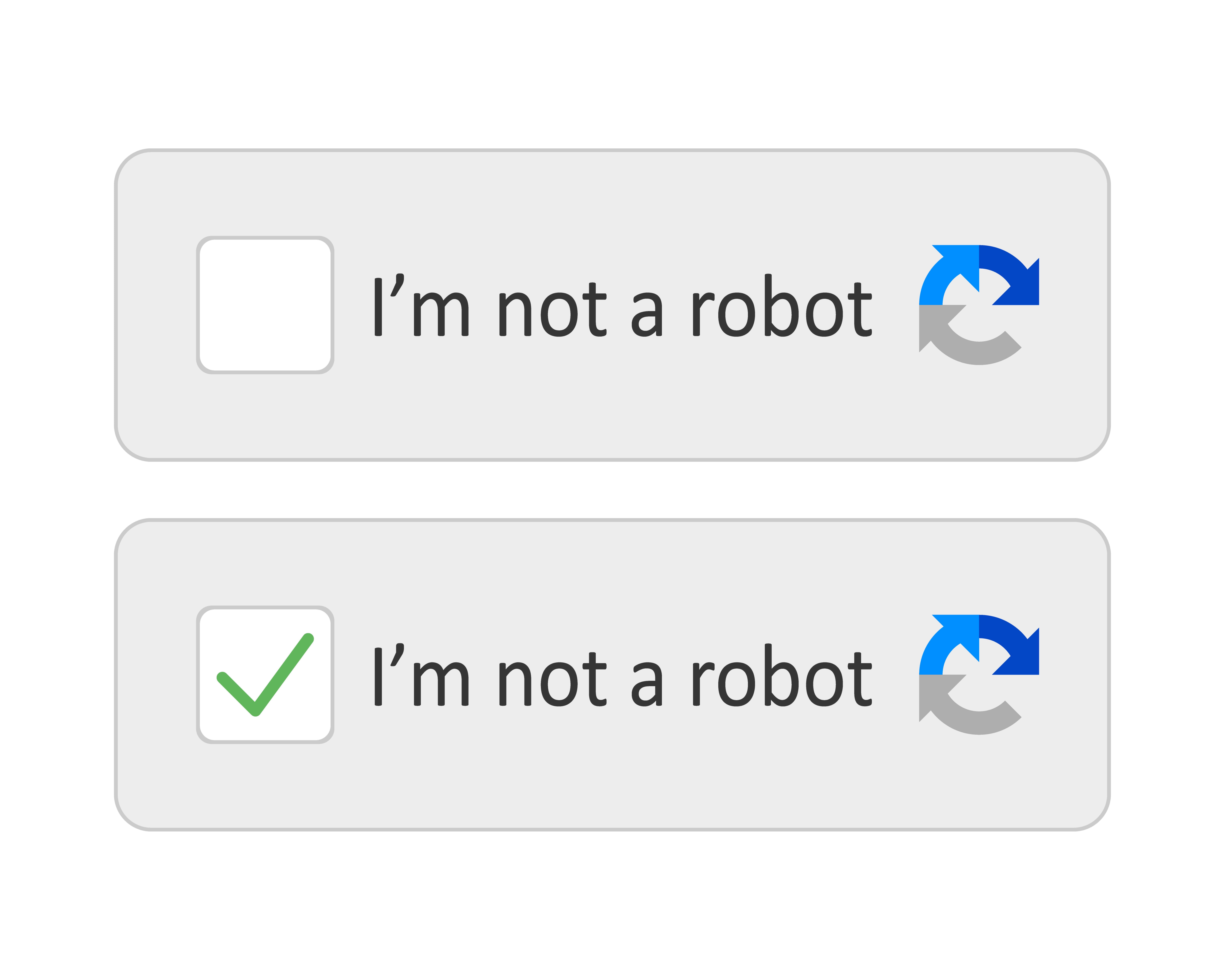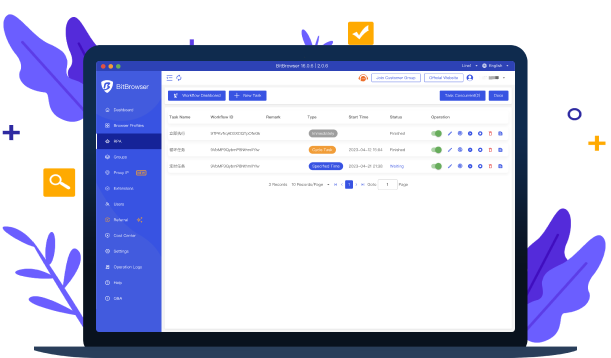Once more we are going to dedicate our blog post to online privacy and security. They have become equally important concerns for individuals and organizations. An effective way to enhance your online privacy and access geo-restricted content is by using proxies.
Now we will delve into the world of proxies. We will explore their benefits and provide a comprehensive guide on configuring proxy settings. We will discuss actions needed when working with different operating systems and web browsers.
Unlike the articles so far, this one will resemble a guide a bit more than an ordinary post. So, prepare to read some boring stuff. We will not mind if you chose to read only the paragraphs related to your browser or operational system.
But beforehand…
What are proxies?
A proxy server is an intermediary between your device and the Internet. The proxy routes your internet traffic through the server before reaching its destination. This process masks your original IP. It enables you to access websites and services as if you were in the proxy server’s geographical location.
Why you should use residential proxies
Residential proxies are IP addresses assigned by Internet Service Providers (ISPs) to homeowners. These proxies offer several advantages over other types of proxies:
- Enhanced anonymity: Residential proxies are less likely to be detected and blocked. To websites, they appear as genuine user traffic.
- Improved security: Resi proxies mask your real IP address. They help protect your online identity and sensitive information from potential threats.
- Access to geo-restricted content: With residential proxies, you can bypass geographical restrictions. You can access content that may be unavailable in your region.
Configuring Proxy on Different Operating Systems
Time to explain the step-by-step model you should adopt when conjuring your proxy settings. We should admit that the below steps are valid as of the current moment and user experience updates may turn our recommendations outdated. Anyway, regarding the different OS:
Proxy Settings on Windows:
- Proxy Configuration in Windows Settings
- Open Settings:
- Press Windows + I to open the Settings app.
- Go to Network & Internet.
- Click on Proxy in the left sidebar.
Manual Proxy Setup:
- Under Manual proxy setup, toggle the Use a proxy server switch to On.
- Enter the IP address and Port of your proxy server.
- Click Save to apply the settings
- Using Proxy through Command Line (cmd)
- Open Command Prompt:
- Press Windows + R, type cmd, and press Enter.
- Set Proxy:
Use the following command to set the proxy:
netsh winhttp set proxy proxy-server=”http=proxyaddress:port;https=proxyaddress:port”
- Replace proxyaddress and port with your proxy server’s address and port number.
- Check Proxy Settings: To verify the settings, use:
netsh winhttp show proxy
- How to configure proxy settings for individual apps
– Some applications allow you to configure proxy settings independently of the system settings.
– Check the app’s settings or preferences to find the proxy configuration options.
Proxy settings on MacOS:
Proxy Configuration through System Preferences
- Open System Preferences:
Click on the Apple menu in the top-left corner of your screen.
Select System Preferences.
- Network Settings:
Click on Network.
Select the network connection you want to configure (e.g., Wi-Fi or Ethernet) from the list on the left.
Click on Advanced.
- Proxies Tab:
- Navigate to the Proxies tab.
- Here, you can configure various types of proxies (e.g., Web Proxy (HTTP), Secure Web Proxy (HTTPS), SOCKS Proxy).
- Check the box next to the proxy type you want to configure and enter the proxy server address and port number.
- If required, enter your username and password for the proxy server.
- Click OK and then Apply to save the settings
Setting Up Proxies for Wi-Fi and Ethernet Connections
- Wi-Fi:
- Follow the steps above to open the Networksettings and select your Wi-Fi
- Configure the proxy settings in the Proxiestab as described.
- Ethernet:
- Similarly, select your Ethernetconnection in the Network
- Configure the proxy settings in the Proxies
- Using Proxy Tools on macOS
Proxifier:
- Proxifieris a popular tool that allows you to use a proxy server for applications that do not support proxy settings natively.
- Download and install Proxifier.
- Open Proxifierand go to Proxies > Add.
- Enter the proxy server address, port, and authentication details.
- Configure rules to specify which applications should use the proxy.
Other Tools:
- There are other tools like Shadowsocksand V2Ray that can be used for advanced proxy configurations. These tools often require more technical setup but offer greater flexibility and security.
Proxy Settings on Linux (Ubuntu as an Example):
- Proxy Configuration via GUI
- Open Settings:
- Go to the main menu and open Settings.
- Network Settings:
- Select Network from the left sidebar.
- Proxy Settings:
- Click on Network Proxy.
- Manual Configuration:
- Switch the proxy settings to Manual.
- Enter the proxy details (HTTP, HTTPS, FTP, and SOCKS host) and port numbers.
- Save:
- Click Save to apply the changes
Proxy Setup via Terminal
Temporary Proxy for Current Session:
- Open a terminal and use the export command:
export http_proxy=”http://username:password@proxy_address:port”
export https_proxy=”http://username:password@proxy_address:port”
export ftp_proxy=”http://username:password@proxy_address:port”
export no_proxy=”localhost,127.0.0.1,::1″
Replace username, password, proxy_address, and port with your proxy details.
Proxy Configuration for Package Managers
APT Configuration:
- Create or edit the apt.conf file: sudo nano /etc/apt/apt.conf
- Add the following lines:
Acquire::http::Proxy “http://username:password@proxy_address:port”;
Acquire::https::Proxy “http://username:password@proxy_address:port”;
- Save and close the file.
Configuring Proxy Settings in Different Web Browsers
Different browsers work almost identically with proxies. Still, we will reveal some general steps related to each of them:
Google Chrome:
- Configuring Proxies through Chrome Settings
- Open Chrome Settings and click on “Advanced.”
- Under the “System” section, click on “Open proxy settings.”
- Configure the desired proxy settings in the operating system’s network settings.
- Restart Chrome for the changes to take effect.
Mozilla Firefox:
- Setting Proxy through Firefox Preferences 2. Firefox’s Built-In Proxy Options
- Open Firefox Preferences and scroll down to the “Network Settings” section.
- Click on “Settings” and choose the desired proxy option (e.g., manual proxy configuration or auto-detect settings).
- Enter the proxy details and save the changes.
Proxy Extensions for Firefox:
- Firefox offers several proxy extensions, such as FoxyProxy or Proxy SwitchyOmega.
- These extensions provide additional features and make it easier to manage and switch between different proxy settings.
Microsoft Edge:
- Configuring Proxy in Edge Settings
- Open Edge Settings and click on “System.”
- Under the “Proxy setup” section, click on “Open proxy settings.”
- Configure the desired proxy settings in the operating system’s network settings.
- Using Proxy Extensions for Edge
- Edge supports various proxy extensions available in the Microsoft Edge Add-ons store.
- Install a proxy extension, such as Proxy SwitchyOmega or FoxyProxy, and configure the proxy settings within the extension.
Safari:
- Proxy Setup in Safari for macOS
– Open Safari Preferences and click on “Advanced.”
– Enable the “Show Develop menu in menu bar” option.
– From the Develop menu, select “Proxy Settings” and configure the desired proxy settings.
- Safari Extensions for Proxy Management
– Safari has a limited selection of proxy extensions compared to other browsers.
– However, you can use system-wide proxy tools like Charles Proxy or Proxifier to manage proxy settings for Safari.
Opera:
- Configuring Proxy via Opera Settings
– Open Opera Settings and click on “Advanced.”
– Under the “System” section, click on “Open proxy settings.”
– Configure the desired proxy settings in the operating system’s network settings.
- Opera VPN and Proxy Alternatives
– Opera offers a built-in VPN feature that provides a simple way to mask your IP address and access geo-restricted content.
– To use Opera VPN, go to Opera Settings > Advanced > Features > Enable VPN.
Setting up Automating Proxy Configuration:
- Using Proxy Auto-Configuration (PAC) Files
Create a PAC File:
- A PAC file is a JavaScript file that defines how web browsers and other user agents can automatically choose the appropriate proxy server for fetching a given URL.
- Example PAC file content:
function FindProxyForURL(url, host) {
if (shExpMatch(host, “*.example.com”)) {
return “PROXY proxy.example.com:8080”;
}
return “DIRECT”;
}
Host the PAC File:
- Save the PAC file with a .pac extension, e.g., proxy.pac.
- Host this file on a web server so it can be accessed via a URL, e.g., http://example.com/proxy.pac.
Configure Browser to Use PAC File:
- In Chrome, go to Settings > Advanced > System > Open your computer’s proxy settings.
- In the proxy settings window, enter the URL of the PAC file in the appropriate field.
Dynamic Proxy Configuration for Networks
- Web Proxy Auto-Discovery Protocol (WPAD):
- WPAD allows clients to automatically discover the URL of a PAC file using DHCP or DNS.
- DHCP Method: Configure your DHCP server to include the PAC file URL in the DHCP options.
- DNS Method: Create a DNS entry for wpad in your domain, e.g., wpad.example.com, pointing to the web server hosting the PAC file.
- Deploy PAC File via Group Policy (Windows):
- Open the Group Policy Management Console (GPMC).
- Navigate to User Configuration> Policies > Windows Settings > Internet Explorer Maintenance > Connection > Automatic Browser Configuration.
- Enable automatic configuration and specify the URL of the PAC file.
- Testing and Validation:
- Ensure that the PAC file is accessible from client machines.
- Test the configuration by accessing different URLs and verifying that the correct proxy settings are applied.
Conclusion
Configuring proxy settings is an essential skill for anyone looking to enhance their online privacy. By understanding how to set up proxies on different operating systems and web browsers, you can take control of your internet traffic and enjoy a safer and more flexible browsing experience.











